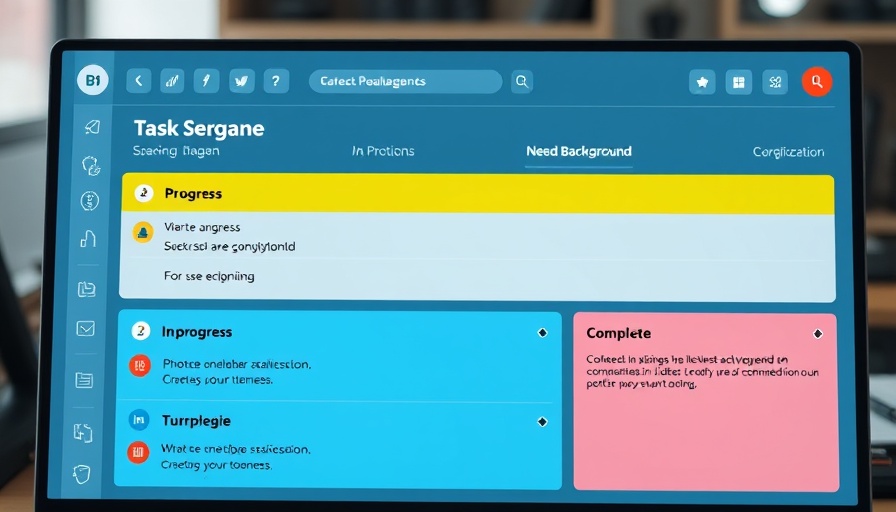
Understanding Business Travel Management Companies: A Necessity for Growth
Business travel has become an essential component of many organizations' operations, especially for those generating substantial revenues of $5M and above. With regular travel comes the necessity for efficient travel management. Business Travel Management Companies (BTMCs) provide a range of tailored services designed to simplify the complexities of corporate travel. From booking accommodations and flights to offering expense management solutions, BTMCs are equipped to handle all logistics for organizations with myriad traveling employees.
Benefits of Engaging Corporate Travel Management Services
Engaging a BTMC can significantly enhance a company's operational efficiency. Here are four primary benefits:
- Expense Management: BTMCs provide tools that automate and monitor travel-related expenditures, ensuring companies stay within budget.
- 24/7 Support: Constant customer support is invaluable, particularly during emergencies or urgent travel changes.
- Comprehensive Solutions: From booking to support, BTMCs cover all aspects of travel management, reducing the burden on administrative staff.
- Lower Costs: With access to negotiated rates and discounts, companies can significantly reduce their travel expenses.
Choosing the Right Travel Management Partner
When selecting a BTMC, it is critical to consider their industry experience and cost-effectiveness. As noted in a comprehensive analysis of North American travel management companies, providers like itilite and TravelPerk have risen to prominence due to their innovative approaches to corporate travel, offering features such as AI-driven booking systems and flexible booking options.
The increasing demand for transparency and user-friendly interfaces in travel management software indicates a significant shift in business preferences. Companies are no longer opting for outdated systems and instead prioritize platforms that allow for self-booking while ensuring compliance with travel policies.
Actionable Insights for Business Owners
For CEOs, CFOs, and business owners, understanding the evolving landscape of corporate travel management provides an opportunity for strategic planning. By fostering relationships with trustworthy travel management companies, organizations can optimize travel expenditures and enhance employee satisfaction.
Additionally, educating employees on the benefits of utilizing structured travel programs enhances compliance and efficiency. Encouraging early bookings can further streamline costs and improve travel experiences.
Conclusion: Enhance Your Corporate Travel Strategy Today!
Investing in the services of a proficient business travel management company can transform how organizations handle their travel logistics. By transitioning to modern travel solutions that emphasize trust, simplicity, and transparency, companies can position themselves for growth while ensuring their employees travel safely and effectively.
Reach out today to explore how partnering with a BTMC can streamline your corporate travel needs and maximize your operational capabilities
 Add Row
Add Row  Add
Add 



Write A Comment